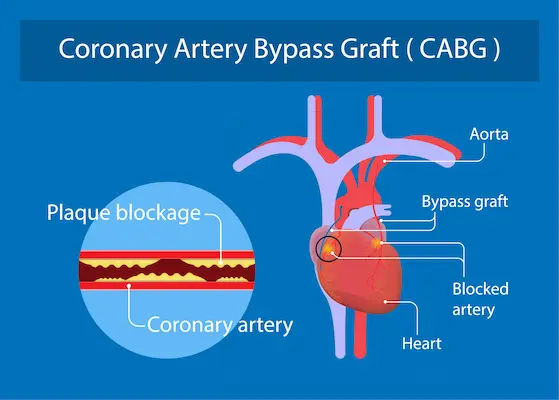- Male
- 42 Years
- 22/01/2025
I'm trying to understand what "mild left axis deviation" means since it's shown up in my ECG results. I'm feeling a bit worried and unsure about what this indicates. Is there a specific medicine or treatment I should consider? Any advice or insights would be really helpful.
Answered by 1 Apollo Doctors
Mild left axis deviation on an ECG indicates a slight deviation in the electrical activity of the heart towards the left side. This can be a normal variant for some individuals, but it can also be associated with certain heart conditions. It is important to correlate this finding with your overall health status and any symptoms you may be experiencing. For mild left axis deviation without any underlying heart condition or symptoms, no specific medication may be necessary. However, if there are other heart issues present, your doctor may prescribe medications such as Metoprolol at a dosage of 25-100mg per day to help manage the condition and reduce the risk of complications. Always follow your doctor's recommendations and attend regular follow-up appointments to monitor your heart health.
Dr. Kareemulla Suggests...
Consult a Cardiologist
Answered 04/07/2025
0
0

More Cardiology Health Queries
View allI'm trying to make sense of my Echo Report, and it's causing me a bit of concern. It mentions things like a normal LV with normal systolic function and no segmental wall motion abnormalities, which I think sounds good. However, what got my attention was the mention of mild PAH and a mild TR. I'm a bit worried if the fast heart rate during the test, which was likely due to my anxiety, might have affected the results and led to a possible misdiagnosis of PAH. I mean, I haven't really had any symptoms other than a brief episode of PVC and sometimes a slightly fast heart rate. My resting rate stays between 50-65 BPM. I'm hoping for a little clarity on whether these findings are something to be concerned about. Can fast heart rate really make a difference in diagnosis, or am I misunderstanding things here?
normal.
Answered by 1 Apollo Doctors
I'm experiencing breathlessness since this morning and feel really weak. I haven't done any heavy work or exerted myself, so I'm not sure what's causing it. Could you help me understand why I'm feeling this way and what I should do about it?
do chest x ray
Answered by 1 Apollo Doctors
I'm really concerned because every few days, I feel my heart beating really strongly, especially when I'm lying down. It's so intense that my whole upper body shakes with each heartbeat. I've had an ECG and an echo, and both came back normal, but these episodes still happen occasionally. What could be causing this? Should I be worried?
It sounds like you may be experiencing palpitations. Since your ECG and echo results came back normal, it's good to rule out any underlying heart conditions. In this case, you can try using a beta-blocker medication such as Metoprolol (brand name: Lopressor) at a low dose of 25mg to help reduce the strength and frequency of your heartbeats. It is important to follow up with your doctor to discuss this option and any potential side effects.
Answered by 1 Apollo Doctors
Disclaimer: Answers on Apollo 247 are not intended to replace your doctor advice. Always seek help of a professional doctor in case of an medical emergency or ailment.





